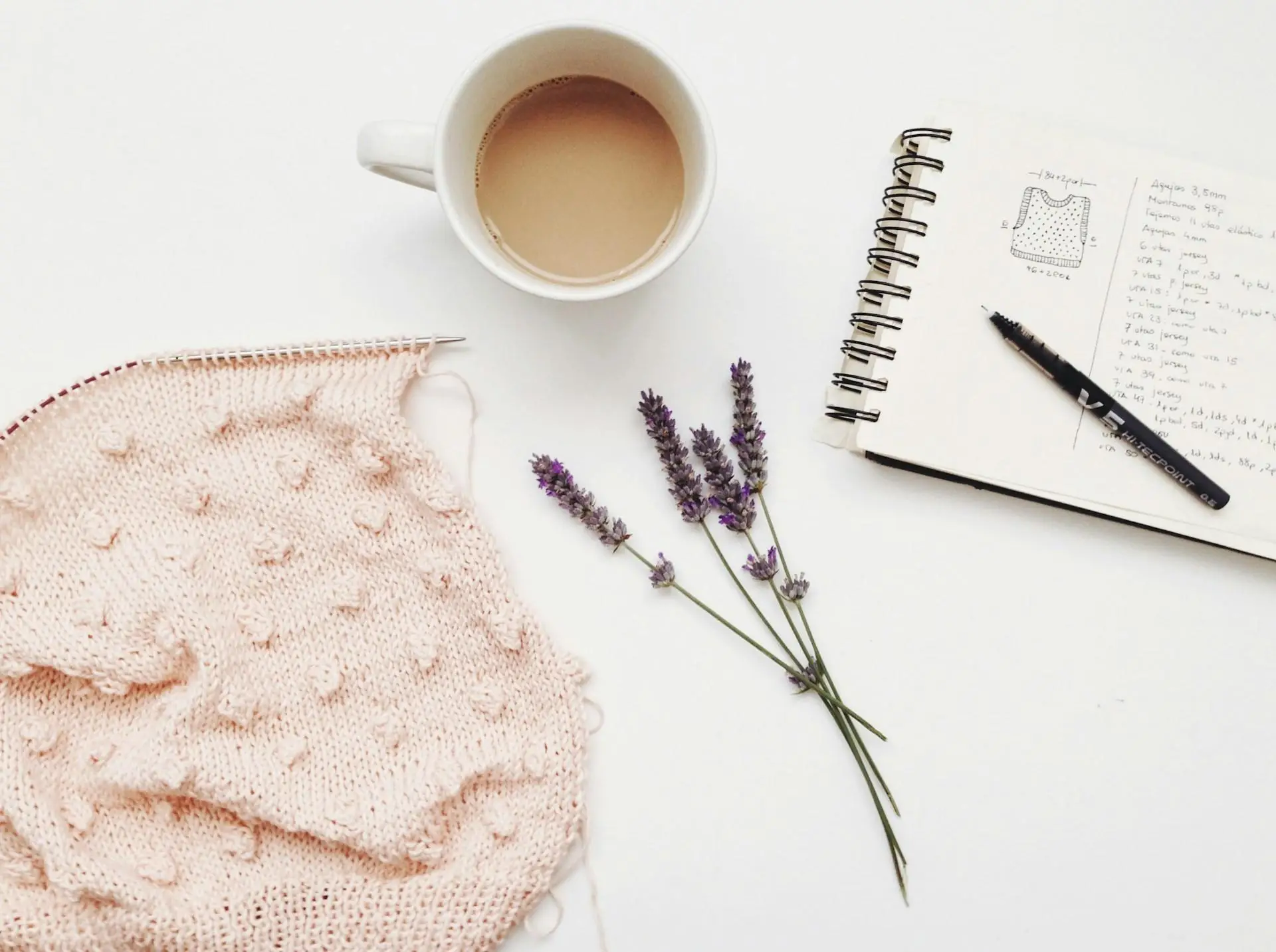Designing an Effective Daily Routine Tailored to Your Lifestyle
Creating a daily routine is more than just organizing tasks; it's a foundational aspect of crafting a fulfilling life. By establishing an effective routine, individuals can significantly enhance their mental and physical well-being. Routines provide structure, promote healthy habits, and create a sense of control, especially in times of uncertainty. This article explores practical methods for designing a personalized daily routine that aligns with diverse lifestyle needs, integrating the concept of "Lifestyle & Solutions" into everyday life.
Understanding Your Lifestyle Needs
Identifying Personal Goals
The first step in crafting a daily routine that resonates with individual lifestyles is recognizing personal goals. It’s crucial to distinguish between short-term and long-term goals. Short-term goals may include tasks to complete by the end of the week, such as finishing a project or attending a fitness class, while long-term goals could range from career aspirations to personal growth milestones. Setting realistic and achievable goals offers a roadmap, ensuring that daily routines are not only productive but also meaningful.
Assessing Time Availability
Once goals are established, it's essential to analyze time availability. This involves a deep dive into one’s current schedule to identify gaps and determine when high productivity can be maximized. Consider keeping a time diary for a week to track how time is spent on various activities. This awareness can lead to optimizing time use, ensuring that periods of peak productivity are utilized effectively while allocating time for essential breaks.
Recognizing Energy Levels
Understanding personal energy levels plays a vital role in routine design. Everyone has natural energy cycles — periods of high energy may occur in the morning for some, while others might find their peak focus later in the day. Tailoring a routine to accommodate these fluctuations can boost productivity and enhance overall satisfaction. For instance, if mornings are low-energy times, implementing more stimulating activities during the late morning or afternoon can help maintain engagement and effectiveness in the routine.
Key Components of an Effective Daily Routine
Morning Rituals
Starting the day with intentional morning rituals can create a sense of purpose and set a positive tone. Activities like morning exercise, meditation, or even enjoying a nutritious breakfast can invigorate the mind and body. Crafting a consistent morning routine encourages individuals to embrace the day with confidence and energy, contributing to a positive mindset.
Work/Study Blocks
Incorporating structured work or study blocks is essential for maintaining productivity. The Pomodoro Technique, which involves working in focused intervals of 25 minutes followed by five-minute breaks, can be an effective time management method. Balancing intense focus with regular breaks fosters sustained productivity, reducing the likelihood of burnout and promoting higher quality work output.
Meal Planning and Preparation
Healthy eating is integral to sustaining energy throughout the day. Engaging in meal planning and preparation can save time and improve dietary choices, which, in turn, enhances focus and energy levels. Setting aside time once a week to plan meals can streamline daily cooking, making it less of a chore. Simple strategies such as batch cooking and utilizing time-saving kitchen gadgets can make healthy eating more accessible and enjoyable.
Evening Wind-down
Establishing a calming evening routine is just as important as a productive morning. Activities such as reading, journaling, or spending time with family can help signal the body that it's time to relax. Setting a fixed bedtime aids in enhancing sleep quality, essential for physical recovery and mental clarity. Prioritizing this wind-down period can create a holistic cycle of rest and productivity.
Customizing Your Routine for Flexibility
Adapting to Life Changes
Life is dynamic, and routines may need to adapt during significant transitions such as a new job or changing family dynamics. Recognizing when adjustments are necessary is crucial for maintaining an effective lifestyle. Flexibility in routines ensures they remain relevant and supportive in various phases of life, allowing individuals to thrive despite changes.
Incorporating Hobbies and Leisure Time
To combat stress and enhance happiness, integrating personal hobbies into daily life can be immensely beneficial. Dedicate specific time slots for leisure activities such as painting, gardening, or playing a musical instrument. This not only enriches daily experiences but also fosters creativity and relaxation, providing a necessary counterbalance to work and responsibilities.
Checking in with Yourself
Regular self-reflection is vital for assessing the effectiveness of a routine. Evaluating what aspects are working and which are not can lead to meaningful adjustments. Utilizing journals or reflection apps can aid in tracking progress over time and identifying areas needing improvement, ensuring continuous growth in personal routines.
Techniques for Sticking to Your Routine
Creating Accountability
Involving friends or family can enhance accountability in sticking to a routine. Sharing intentions and progress with loved ones encourages support and motivation. Additionally, utilizing productivity apps or journals to track accomplishments and challenges can help visualize progress and sustain commitment.
Celebrating Small Wins
Recognizing and celebrating small victories can help maintain motivation. Whether it’s completing a challenging task or sticking to a routine for a week, rewarding oneself fosters positive reinforcement. Adjusting goals to keep them engaging can also help maintain enthusiasm over time.
Overcoming Common Barriers
Despite the best intentions, obstacles such as procrastination and distractions can hinder routine adherence. Creating a productive environment by reducing clutter and minimizing digital distractions can foster a more focused mindset. Setting clear boundaries during work or study times ensures that one remains engaged and productive.
Embracing the journey of creating a personalized daily routine takes time and patience. Experimentation is key; trying different approaches and styles can lead to discovering what truly resonates with individual needs. The ultimate goal is to craft a routine that enhances overall well-being and leads to a balanced lifestyle.
As individuals embark on this journey, small changes can yield significant results. Begin today by identifying personal goals, assessing time availability, and crafting an effective routine that aligns with lifestyle and solutions. Over time, these efforts can lead to a fulfilling life marked by increased productivity, joy, and balance.








